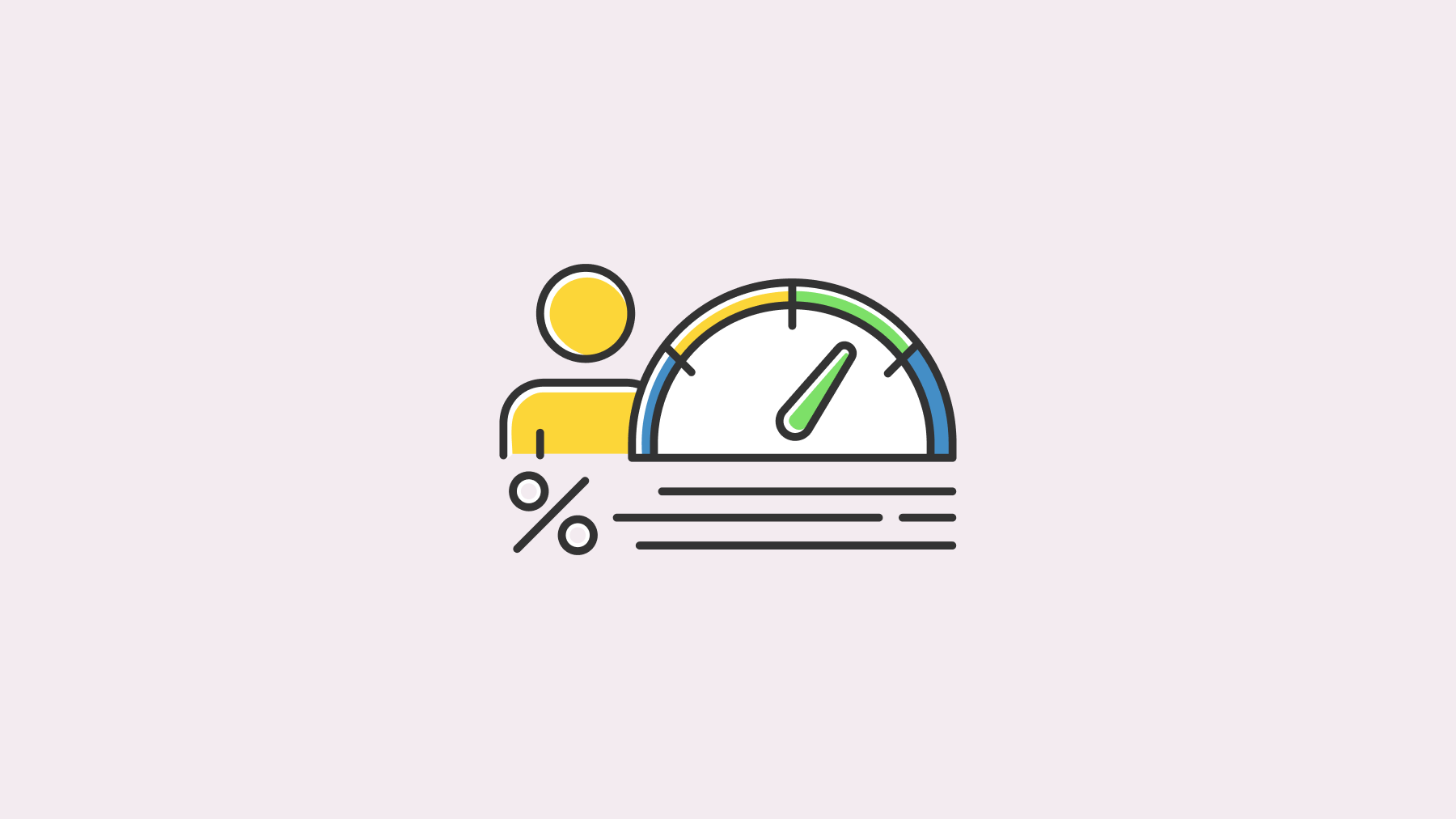Your credit score is a crucial financial indicator that influences your ability to secure loans, obtain favorable interest rates, and access various financial opportunities. Delinquency, or the failure to make timely payments on debts, can significantly impact your credit score and overall financial health. This article delves into the concept of delinquency and its profound effects on your credit score, offering insights into the repercussions and ways to mitigate its impact.
Delinquency can come in several different forms, but they all mean the same thing.
Delinquency occurs when an individual fails to make payments on time, whether it's for credit cards, loans, mortgages, or other financial obligations. It's essential to recognize the timeline associated with delinquency. Typically, payments become delinquent when they are 30 days past the due date. Creditors often report late payments to credit bureaus after this period.
Delinquency can be classified into various levels based on the duration of non-payment. For instance, payments that are 30, 60, 90, or 120+ days late might have different impacts on credit scores. If you happen to miss a payment by mistake, immediately make the payment or call your creditor and let them know payment is on the way.
Your credit score can be deeply affected by delinquencies.
Late or missed payments negatively affect your credit score. Payment history is a significant factor in credit scoring models, and even one missed payment can cause a noticeable drop. Late payments can stay on your credit report for up to seven years. These negative remarks can make it challenging to obtain credit approvals in the future.
Delinquency ultimately becomes more expensive in the long run, because it can lead to higher interest rates on future loans or credit products. Lenders may view delinquent borrowers as higher risk, resulting in increased interest to mitigate their risk. Delinquency can make it harder to qualify for new credit cards, loans, or mortgages. Even if approved, the terms and conditions might be less favorable due to the perceived risk.
Take steps to avoid or mitigate delinquencies before they hurt you in the long run.
Prioritize making payments on time. Set up automatic payments or reminders to ensure you don't miss due dates. If you're experiencing financial difficulties, consider reaching out to your creditors. They might offer hardship programs or alternative payment arrangements to help you avoid delinquency.
Similarly, work with creditors to establish manageable payment plans if you're struggling to meet your obligations. These arrangements can prevent further delinquency and help improve your credit standing. Credit counseling agencies can also help you with strategies to manage debt and improve your credit standing. Be proactive and monitor your credit report regularly to ensure accuracy. Report any discrepancies or errors promptly to the credit bureaus.
Delinquency and its impact on your credit score can significantly affect your financial future. By understanding the consequences of late payments, taking proactive measures to make timely payments, and seeking assistance when needed, individuals can mitigate the negative effects of delinquency. Prioritizing responsible financial behavior and maintaining a healthy credit history is vital in safeguarding your credit score and overall financial well-being.
Peach out ✌️

